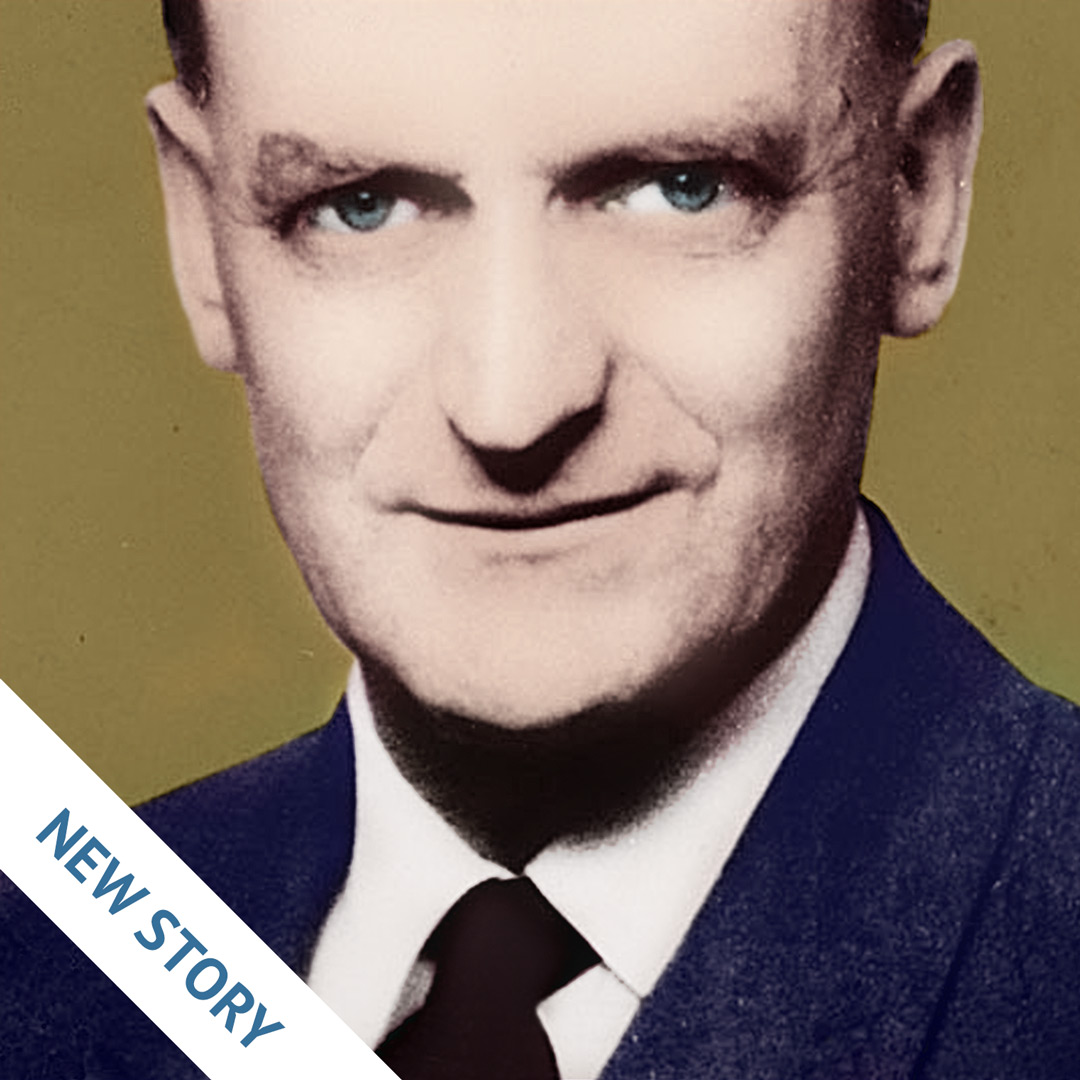Callaghan Chief Star Witness in Terrorist Trial
The head of Callaghan Innovation, Mary Quin, has told a New York court about her abduction by Islamic radicals connected to “handless hate preacher” Abu Hamza al-Masri in Yemen. Quin later confronted Abu Hamza in London and recorded the conversation, which was presented as part of the prosecution evidence of the preacher’s involvement in terrorism.
The tape was a key part of the evidence leading to Abu Hamza’s extradition from Britain to the US and Quin has been billed as the star witness.
She described how, in 1998, she and a group of mainly British tourists were abducted and then used as human shields when the Yemeni army tried to free her and the others. At gunpoinnt, they were lined up atop a two-foot sandy berm, where the Westerners stood for two hours as the combatants exchanged fire.
“I could feel the bullets come so close to my face that I could feel the air move,” Quin told the court, which is hearing charges Abu Hamza provided advice and a satellite phone to terrorists.
At one point, one of the self-identified “mujahideen” lay on the sandy berm and fired his rifle from between her legs. The zinging sound of the bullets added to the unreality of her experience, which Quin likened to a war movie.
Four of the tourists were killed during the action.
A later injury to her captor enabled her to grab a rifle off her wounded guard: “He was still holding on to it, so I put my foot down on [his] head and that gave me the leverage to get the gun out of his hand. Then I ran towards the [Yemeni] troops.”
Quin, whose stellar US corporate career has involved senior positions at Kodak, Xerox and NANA Management Services before taking the top role at research funding Crown entity Callaghan Innovation, later tracked Abu Hamza down at his London mosque.
Abu Hamza told Quin that, “Islamically”, the kidnapping was justified and he admitted he had placed a call to the radical group during the abduction.
Key to the Federal prosecution case is the provision of a satellite phone. Quin’s 45-minute interview with the accused clearly shows her asking if he supplied the phone. He responded, “Yeah, perhaps”.
Abu Hamza’s defence is presently proceeding and he denies all charges, including setting up a terrorist training camp in Oregan and committing other terror crimes. If convicted, he faces life in prison.














